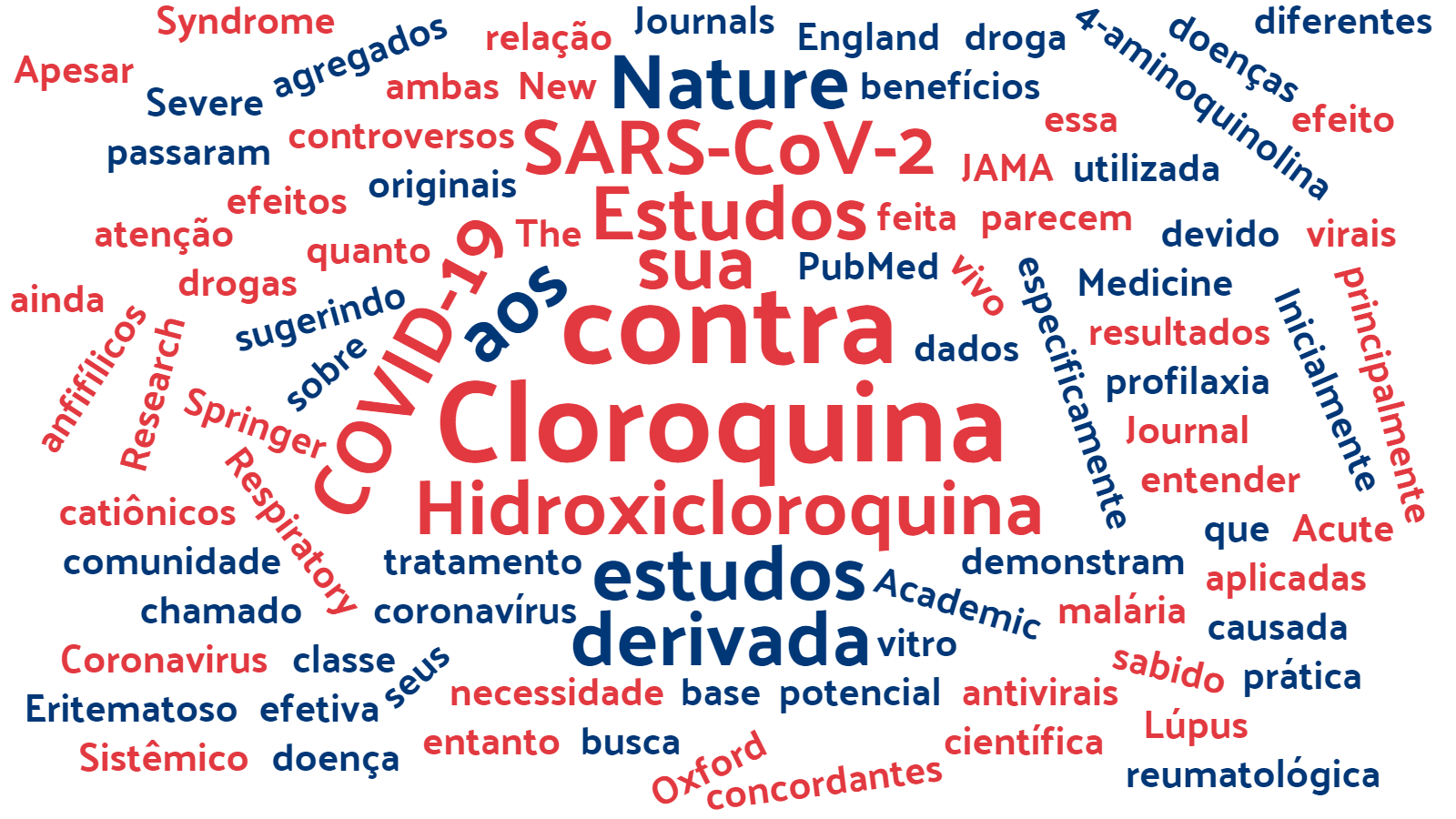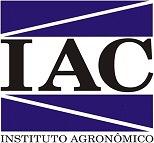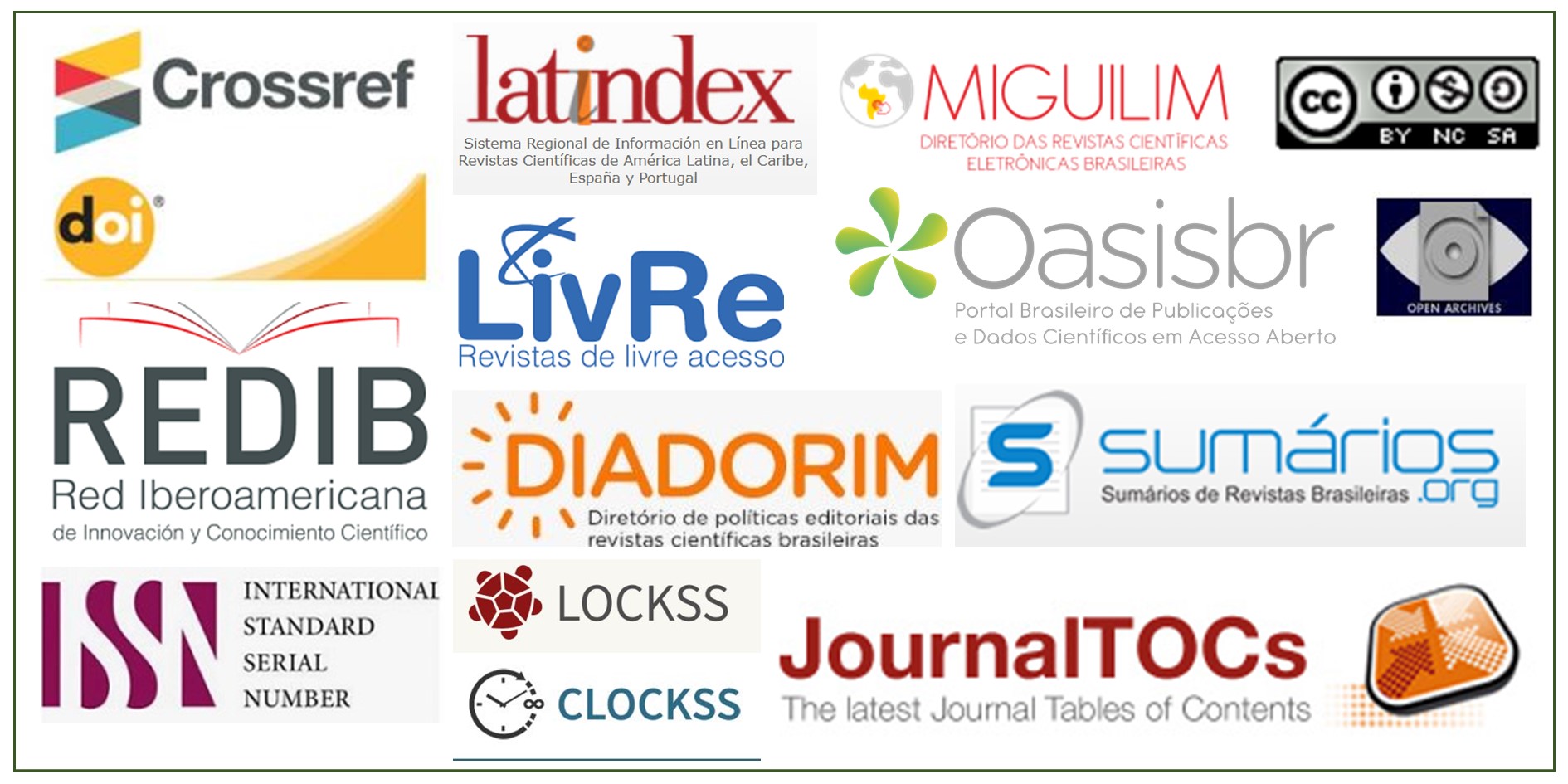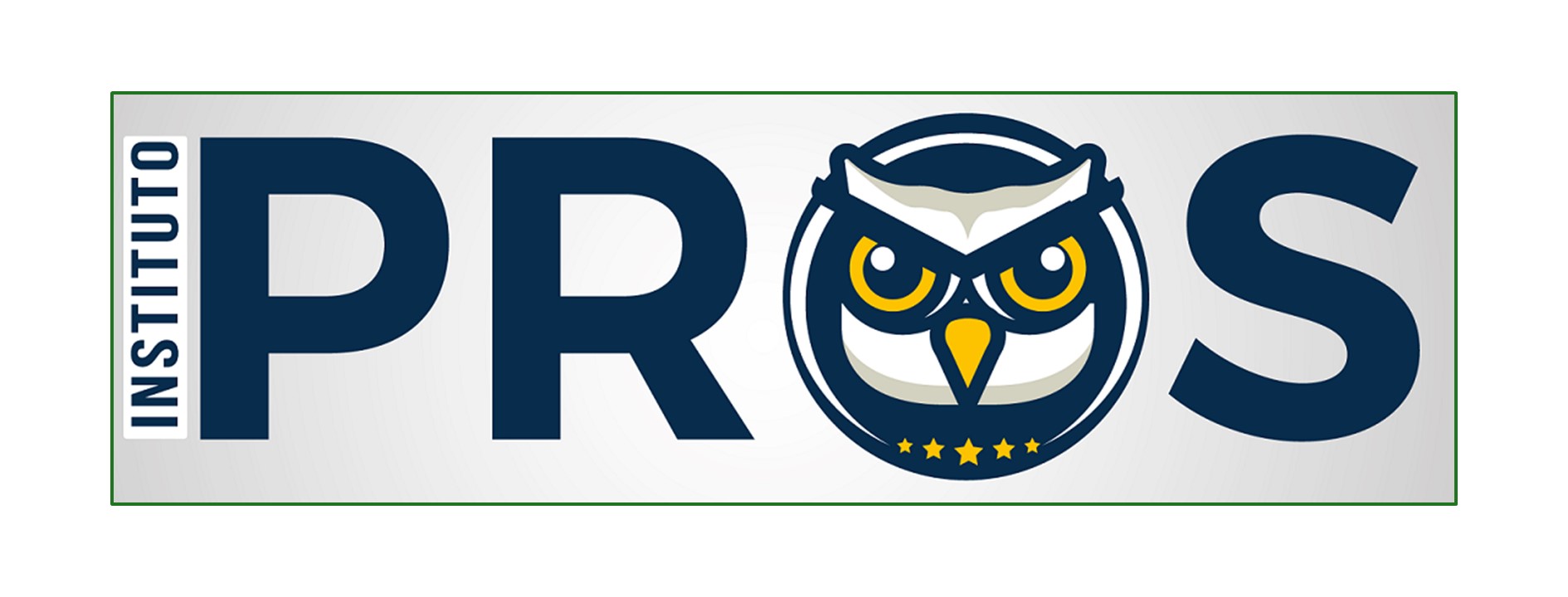Chloroquine: mechanisms of action, side effects and review of studies on its use against SARS-CoV-2
DOI:
https://doi.org/10.17648/sas.v2i1.47Keywords:
Hidroxichloroquina, Acute respiratory disease, Pandemic, COVID-19Abstract
Chloroquine is a 4-aminoquinoline of the class of cationic amphiphilic aggregates that has drawn the attention of the scientific community due to its antiviral effect. Initially used against malaria, this drug and mainly its derivative, Hydroxychloroquine, started to be applied in rheumatological practice and against Systemic Lupus Erythematosus. Despite its effect against different viral diseases, it is not yet known whether Chloroquine is effective against COVID-19, a disease caused by the Severe Acute Respiratory Syndrome Coronavirus 2 (SARS-CoV-2). In order to understand the potential of chloroquine against the new coronavirus, a search for original studies was made in the PubMed database and specifically in Oxford Academic Journals, The New England Journal of Medicine, Springer Nature, Nature Research and JAMA. In vitro studies seem to agree with the benefits of Chloroquine and its derivative, Hydroxychloroquine, against SARS-CoV-2. In vivo studies, however, demonstrate controversial results from both of these drugs regarding the treatment or prophylaxis of COVID-19, suggesting the need for further studies.
Downloads

Downloads
Published
How to Cite
Issue
Section
License
Autores concordam com os seguintes termos:
a) Os autores mantêm os direitos autorais e concedem à revista o direito de primeira publicação, com o trabalho simultaneamente licenciado sob a LicençaAttribution-NonCommercial-ShareAlike 4.0 International, que permite o compartilhamento do trabalho com reconhecimento da autoria e publicação inicial na Revista SAS. A licença permite o uso, a distribuição e a reprodução irrestrita, em qualquer meio, desde que devidamente citada a fonte. Essa licença permite também que outros remixem, adaptem e criem a partir do seu trabalho para fins não comerciais, desde que atribuam a você o devido crédito e que licenciem as novas criações sob termos idênticos.
b) Não cabe aos autores compensação financeira a qualquer título, por artigos ou resenhas publicados na South American Sciences.
c) Os conceitos expressos nos artigos publicados na South American Sciences são de inteira responsabilidade de seus autores.








